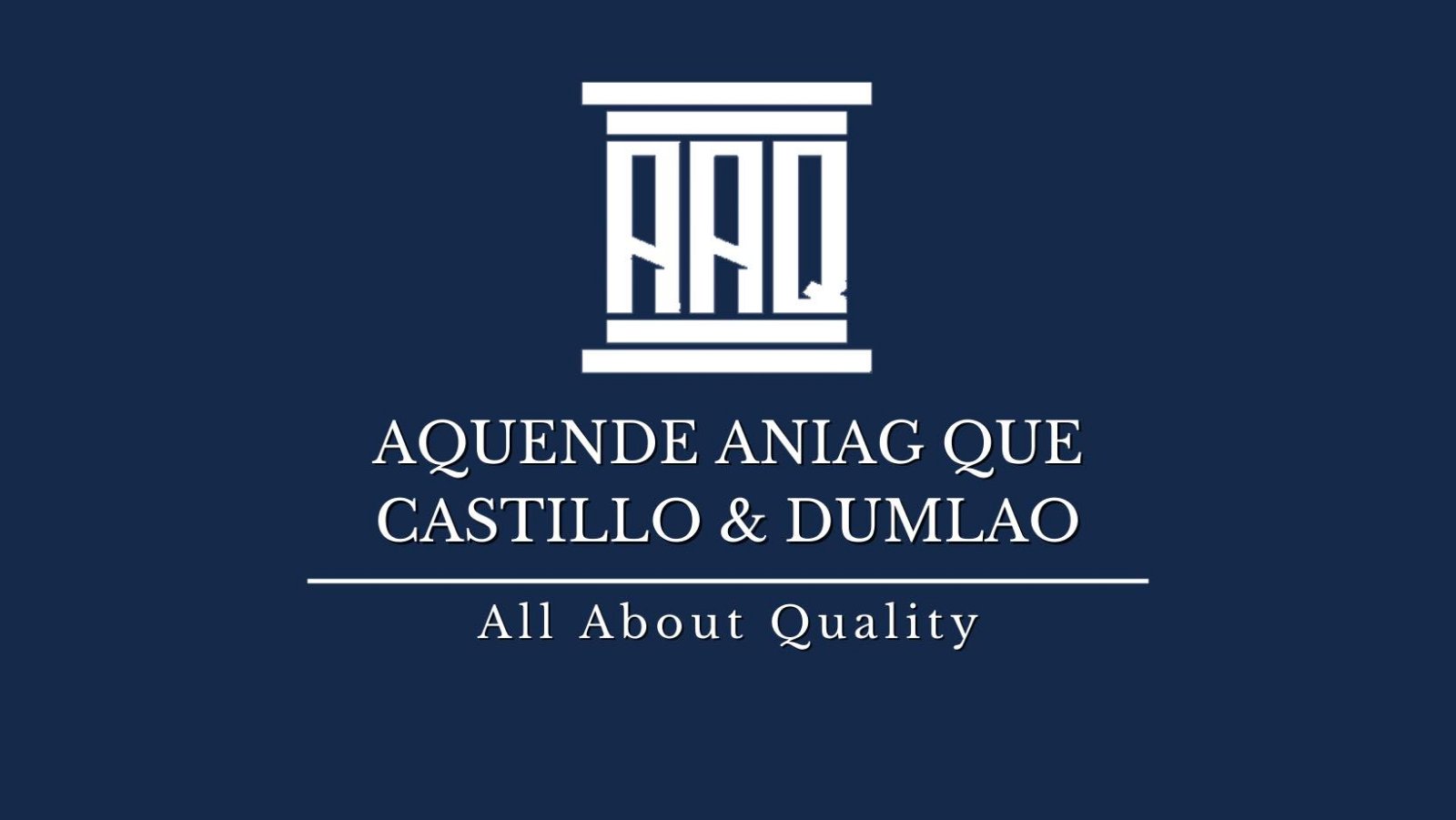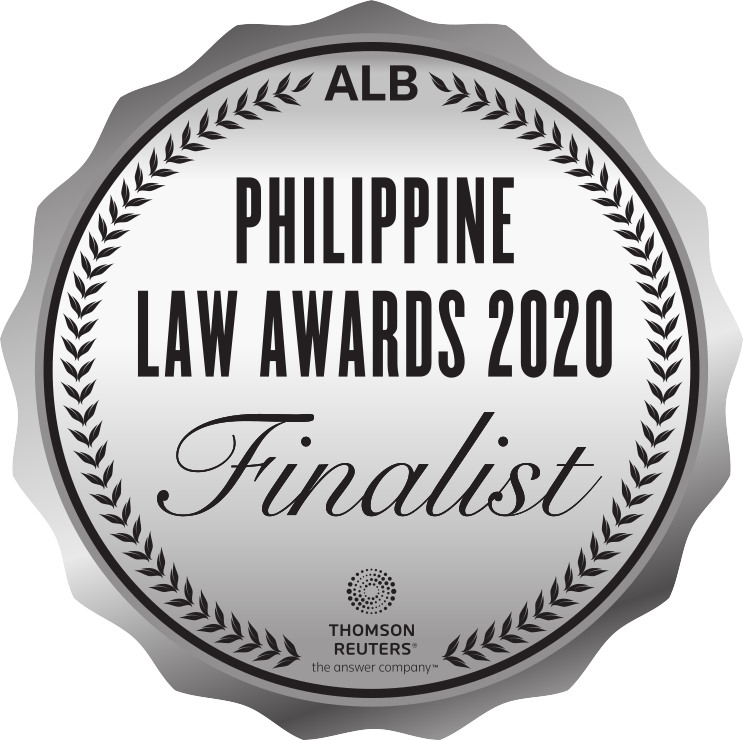What is Copyright?
Copyright is defined as the legal protection extended to the owner of the rights in an original work. Under the Intellectual Property Code of the Philippines (“IP Code”), copyright covers literary and artistic works, which are original intellectual creations in the literary and artistic domain, as well as derivative works. One important feature is that these works are protected from the moment of their creation. Thus, unlike other intellectual property such as trademarks, service marks, trade names, and patents, there is no need to register the work before the creator can enjoy the rights and protections granted by copyright.
In the Philippines, the copyright shall be protected during the life of the author and for 50 years after his death. This rule also applies to posthumous works. The term of protection after the death of the author shall run from the first day of January of the year following his death or publication of his work.
Rights of a Copyright Owner
The owner of a copyright enjoys certain copyright or economic rights. The author has the exclusive right to carry out, authorize or prevent the following acts:
- Reproduction of the work or substantial portion of the work;
- Dramatization, translation, adaptation, abridgment, arrangement or other transformation of the work;
- The first public distribution of the original and each copy of the work by sale or other forms of transfer of ownership;
- Rental of the original or a copy of an audiovisual or cinematographic work, a work embodied in a sound recording, a computer program, a compilation of data and other materials or a musical work in graphic form, irrespective of the ownership of the original or the copy which is the subject of the rental;
- Public display of the original or a copy of the work;
- Public performance of the work; and
- Other communication to the public of the work.
What is considered reproduction of copyrighted work? In the case of Habana v. Robles, G.R. No. 131522, 19 July 1999, the Supreme Court held that in order for there to be a substantial reproduction of a book, it is not necessary that the entire copyrighted work, or even a large portion of it, be copied. The Court stated that if so much is taken that the value of the original work is substantially diminished, there is an infringement of copyright, and to an injurious extent, the work is appropriated.
Moreover, the author of a work shall have the following moral rights:
- To require that the authorship of the works be attributed to him, in particular, the right that his name, as far as practicable, be indicated in a prominent way on the copies, and in connection with the public use of his work;
- To make any alterations of his work prior to, or to withhold it from publication;
- To object to any distortion, mutilation or other modification of, or other derogatory action in relation to, his work which would be prejudicial to his honor or reputation; and
- To restrain the use of his name with respect to any work not of his own creation or in a distorted version of his work.
The economic rights of an author shall last during the lifetime of the author and in perpetuity after his death, while the moral rights shall be coterminous with the economic rights. Unlike economic rights, however, the moral rights shall not be assignable or subject to license.
Works Not Protected by Copyright
Not all kinds of work are protected by copyright. Under the IP Code, no protection shall extend to the following:
- Any idea, procedure, system, method or operation, concept, principle, discovery or mere data as such, even if they are expressed, explained, illustrated or embodied in a work;
- News of the day and other miscellaneous facts having the character of mere items of press information; or
- Any official text of a legislative, administrative or legal nature, as well as any official translation thereof.
In the case of Joaquin, Jr. v. Drilon, G.R. No. 108946, 28 January 1999, the Supreme Court held that while the copyright of BJ Productions, Inc. covered the audio-visual recordings of the episode of “Rhoda and Me,” a dating game show that aired from 1970 to 1977, the copyright does not extend to the general concept or format of its dating show.
In another case, the Supreme Court had the opportunity to distinguish between the news of the day and news coverage. In ABS-CBN Corp. v. Gozon, G.R. No. 195956, 11 March 2015, the Supreme Court ruled that the news coverage is copyrightable. While the IP Code provides that the “news of the day and other miscellaneous facts having the character of mere items of press information” are considered unprotected subject matter, the Code does not state that expression of the news of the day, particularly when it underwent a creative process, is not entitled to protection. The Supreme Court stated that news as expressed in a video footage is entitled to copyright protection, and that broadcasting organizations have not only copyright on but also neighboring rights over their broadcasts. The Court also explained that the copyrightability of a work is different from fair use of a work for purposes of news reporting.
Further, the law provides that no copyright shall subsist in any work of the Government of the Philippines. However, this rule is subject to an exception. The prior approval of the government agency or office wherein the work is created shall be necessary for exploitation of such work for profit. Such agency or office may impose conditions such as the payment of royalties.
The IP Code also states that no prior approval or conditions shall be required for the use for any purpose of the following:
- Statutes;
- Rules and regulations; and
- Speeches, lectures, sermons, addresses, and dissertations, pronounced, read or rendered in courts of justice, before administrative agencies, in deliberative assemblies and in meetings of public character.
However, the IP Code grants an exclusive right to the author of speeches, lectures, sermons, addresses, and dissertations to make a collection of his works.
The Government may receive and hold copyrights transferred to it by assignment, bequest or otherwise. Further, publication by the Government in a public document of any copyrighted work shall not be taken to cause any annulment of the copyright or to authorize any use or appropriation of such work without the consent of the copyright owner.
Copyright Infringement and Remedies
The IP Code provides that there is copyright infringement when one directly commits an infringement or benefits from the infringing activity of another person who commits an infringement, if the person benefiting has been given notice of the infringing activity and has the right and ability to control the activities of the other person. A person can also commit infringement when he, with knowledge of infringing activity, induces, causes or materially contributes to the infringing conduct of another.
In case of infringement, the owner of a copyright may file a case in court against the person who commits the infringement. Under the IP Code, a person infringing a right shall be liable:
- To an injunction restraining such infringement. The court may also order the defendant to prevent the entry into the channels of commerce of imported goods that involve an infringement, immediately after customs clearance of such goods.
- To pay to the copyright proprietor or his assigns or heirs such actual damages, including legal costs and other expenses, as he may have incurred due to the infringement as well as the profits the infringer may have made due to such infringement. In proving profits the plaintiff shall be required to prove sales only and the defendant shall be required to prove every element of cost which he claims, or, in lieu of actual damages and profits, such damages which to the court shall appear to be just and shall not be regarded as penalty. The amount of damages to be awarded shall be doubled against any person who:
- Circumvents effective technical measures; or
- Having reasonable grounds to know that it will induce, enable, facilitate or conceal the infringement, remove or alter any electronic rights management information from a copy of a work, sound recording, or fixation of a performance, or distribute, import for distribution, broadcast, or communicate to the public works or copies of works without authority, knowing that electronic rights management information has been removed or altered without authority,
- Deliver under oath, for impounding during the pendency of the action, sales invoices and other documents evidencing sales, all articles and their packaging alleged to infringe a copyright and implements for making them.
- Deliver under oath for destruction without any compensation all infringing copies or devices, as well as all plates, molds, or other means for making such infringing copies.
- Payment of moral and exemplary damages and the destruction of infringing copies of the work even in the event of acquittal in a criminal case.
A copyright owner may elect, at any time before final judgment, to recover instead of actual damages and profits, an award of statutory damages for all infringements involved in an action in a sum equivalent to the filing fee of the infringement action but not less than P50,000.
In case the infringer was not aware and had no reason to believe that his acts constitute an infringement of copyright, the court may reduce the award of statutory damages to a sum of not more than P10,000.
Copyright infringement also carries criminal liability. Any person infringing or aiding or abetting such infringement shall be guilty of a crime and shall be meted the following penalties:
- Imprisonment of one to three years plus a fine ranging from P50,000 to P150,000 for the first offense.
- Imprisonment of three years and one day to six years plus a fine ranging from P150,000 to P500,000 for the second offense.
- Imprisonment of six years and one day to nine years plus a fine ranging from P500,000 to P1,500,000 for the third and subsequent offenses.
- In all cases, subsidiary imprisonment in cases of insolvency.
The court, in determining the number of years of imprisonment and the amount of fine, shall consider the value of the infringing material that the defendant has produced or manufactured and the damage that the copyright owner has suffered by reason of the infringement.




